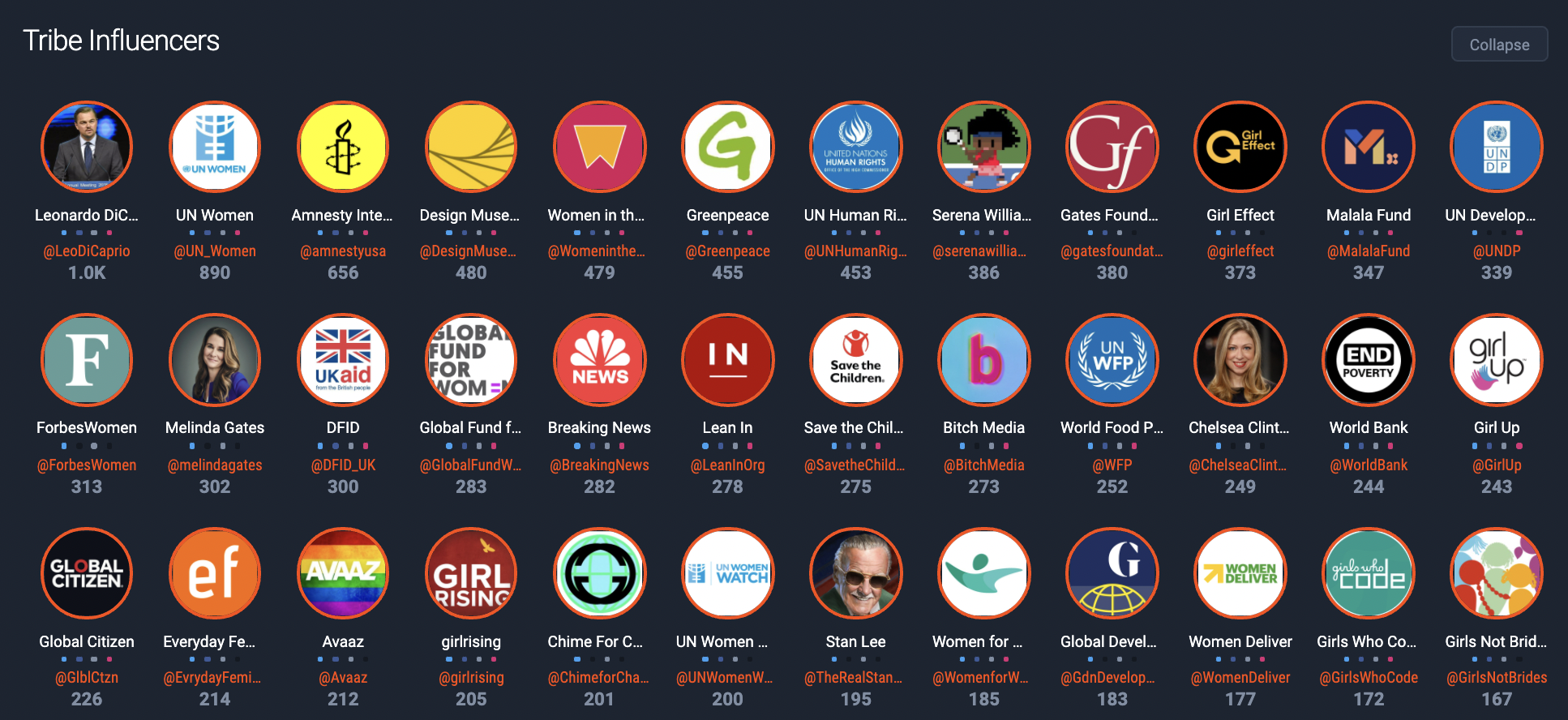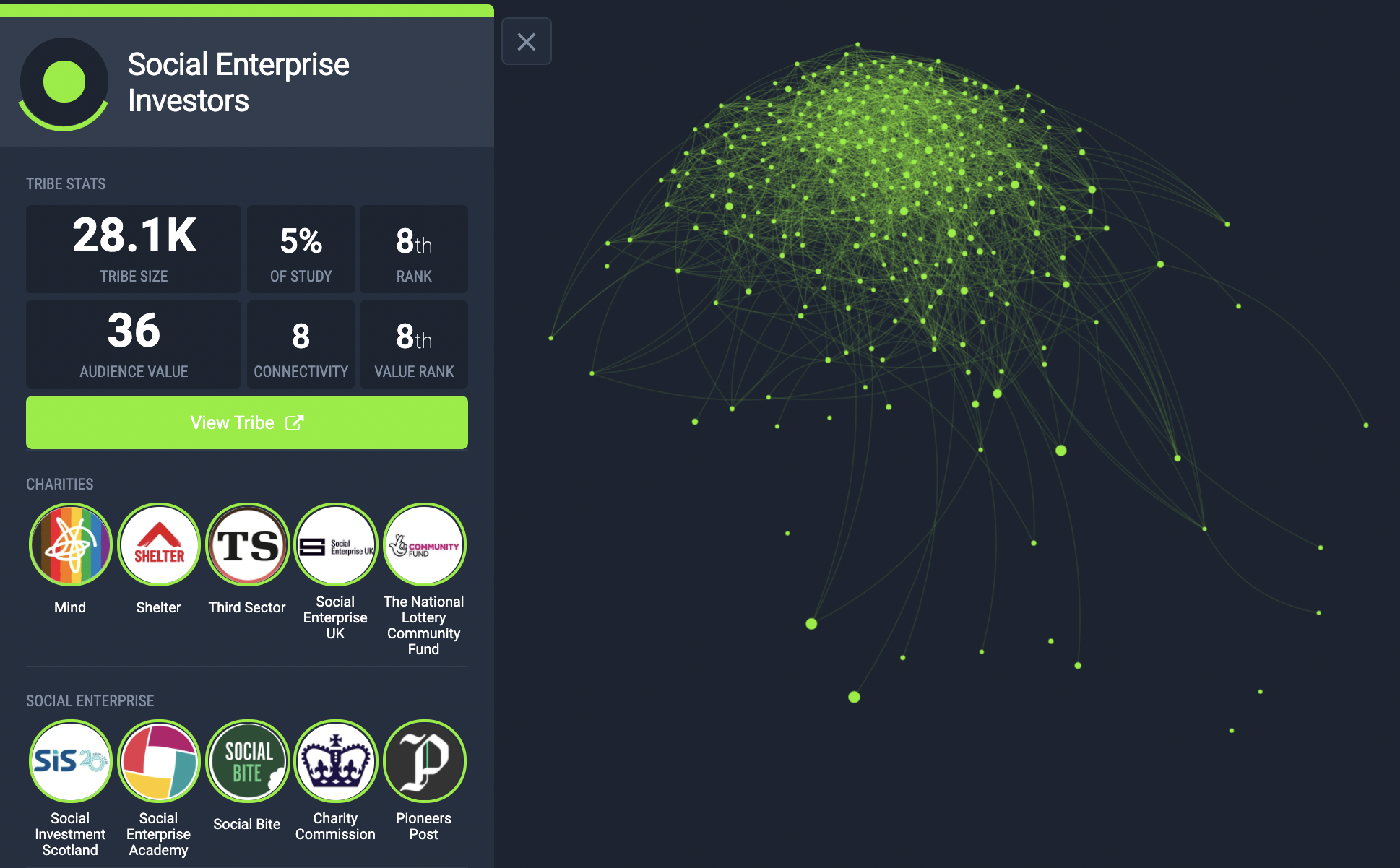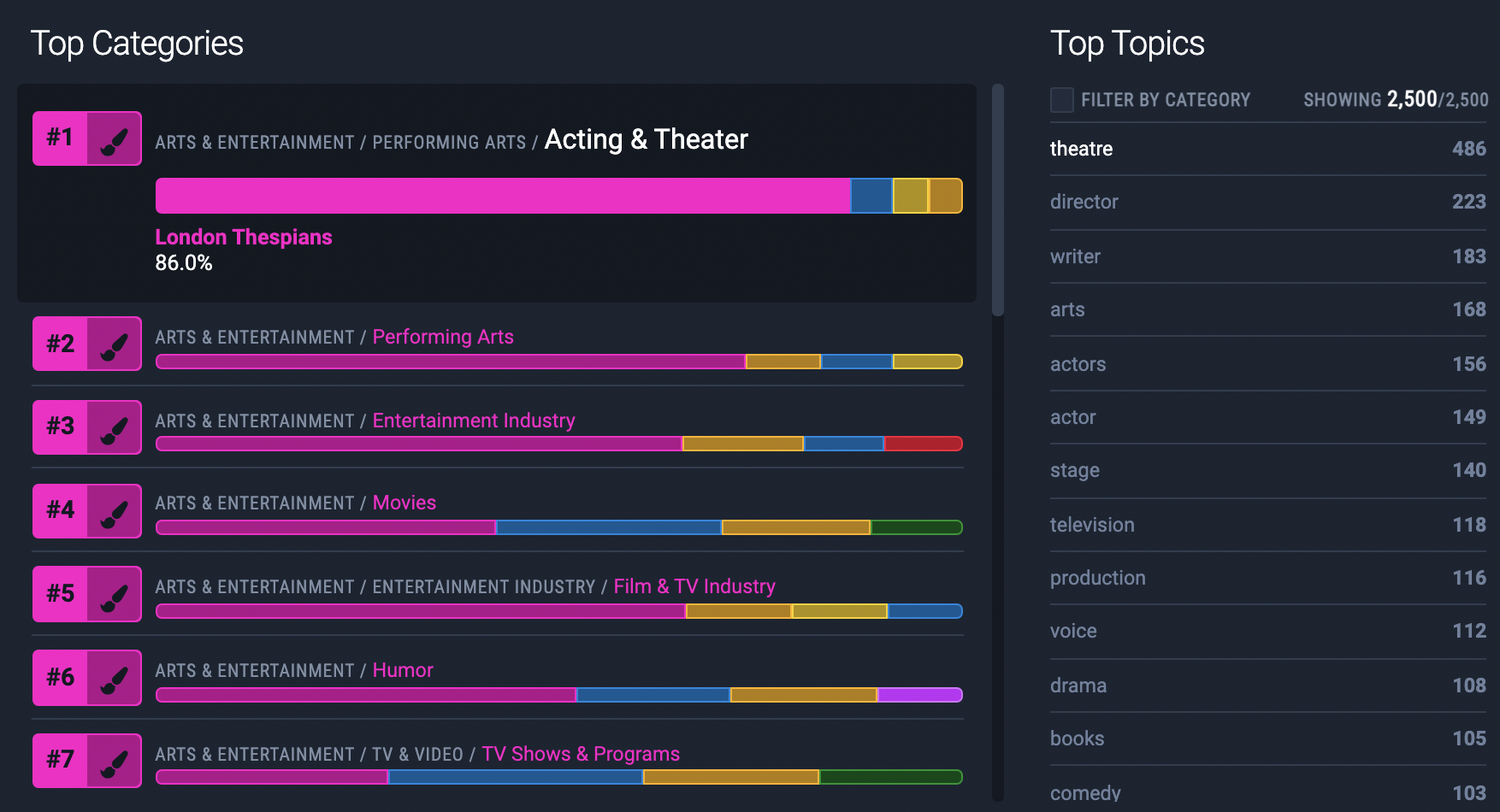What is FemTech?
Five years ago, the word “femtech” didn’t even exist. Today, femtech startups designed to support women’s health are a major investment category.
Historically, medicine and its technologies have been dominated by male experts, with industry attention being largely centred on men’s bodies and male experiences of illness.
More recently, awareness of this inequality, or "gender health gap" has grown significantly, as female entrepreneurs across the world have started taking matters into their own hands by embracing "femtech" specifically designed for women’s health issues.
Coined in 2016 by Ida Tin, Co-Founder of period-tracking app Clue, ‘Femtech’ refers to technologies specifically focused on women’s health, from fertility to menopause and sexual wellness. Since then, according to a recent study by Emergen Research, the femtech market had reached valued at 18.75 billion by 2019, and this number is estimated to reach a staggering $60 billion by 2027.
To understand who exactly is fuelling this booming market, we took a deep dive into the UK FemTech market by looking at the audiences engaging with leading femtech companies, including Clue, DAME and The Femedic.
Here are our results:

Social Justice Warriors
We uncovered a swathe of social justice advocates, with a particular focus on gender equality and empowering women and girls, highlighted by their high engagement with organisations such as UN Women, the Melinda Gates Foundation and the Malala Fund. Another predominantly female audience, their interests range from philanthropy, to education and politics, suggesting this a highly engaged group interested in making lasting policy changes to support women's rights.

Social Enterprise Investors
Early adopters and entrepreneurs emerged as the two of the most forward-thinking audiences in our study. Engaging with socially-minded organisations like Social Enterprise UK and not-for-profit publications like Third Sector, this enterprising audience shares a collective passion for business that makes a wider social impact, pointing to audiences investing in FemTech as a way to tackle the gender health gap.

Cultured Crowd
Our results suggested a significant portion of the targetfemtech audience is highly cultured, with tribes of Thespians, Fashionistas, Socialites & Creatives all indexing highly. Their sophisticated interests are reflected in their top influencers - a roster of leading female writers, journalists and performers, such as JK Rowling, Caitlin Moran and Emma Watson, as well as iconic London theatres like The National Theatre, Shakespeare's Globe and The Old Vic.

From the arts, to tech and social justice, the variety of interests that emerged in our results would indicate that FemTech itself is not yet a primary concern for these audiences, and that the current market is still primarily occupied by early adopters. However, there is no doubt that femtech is gaining momentum and interest across the audience spectrum. As a result, investors are picking up on the industry's vast potential and recognising the opportunity to reach a vastly underserved market - which also happens to be half the population. It is safe to say that the rise of femtech has been a long time in the making and a welcome arrival.
Want more insights? Book a demo today to discuss how audience insights can help grow and communicate your brand more effectively.







































